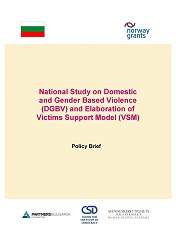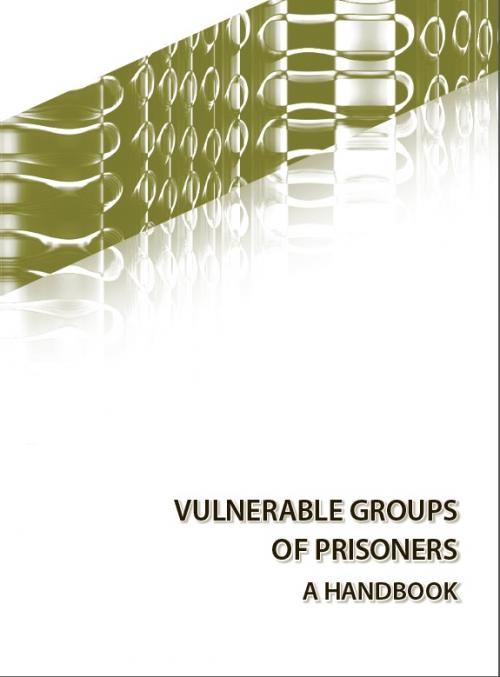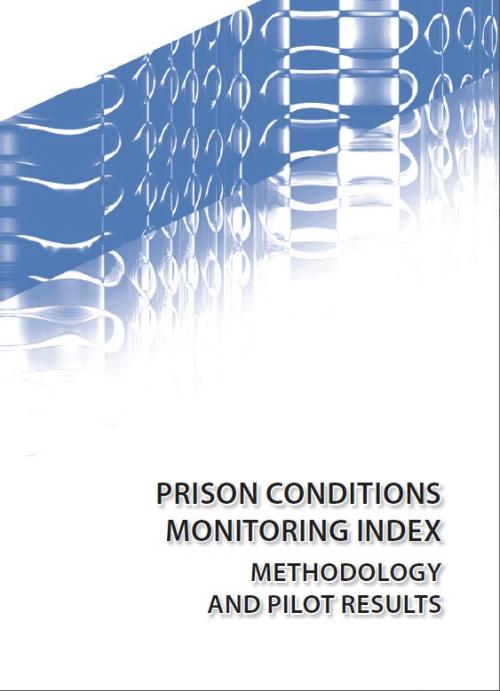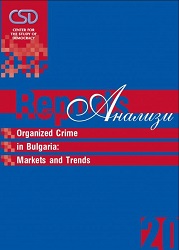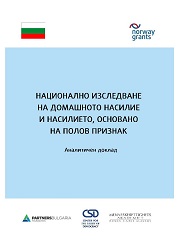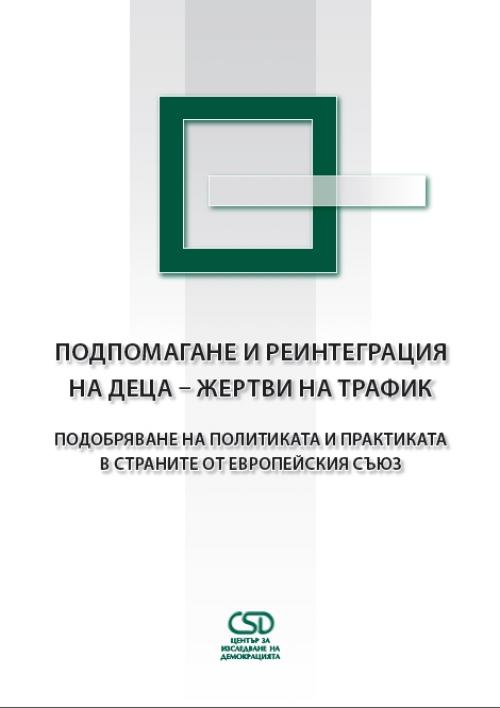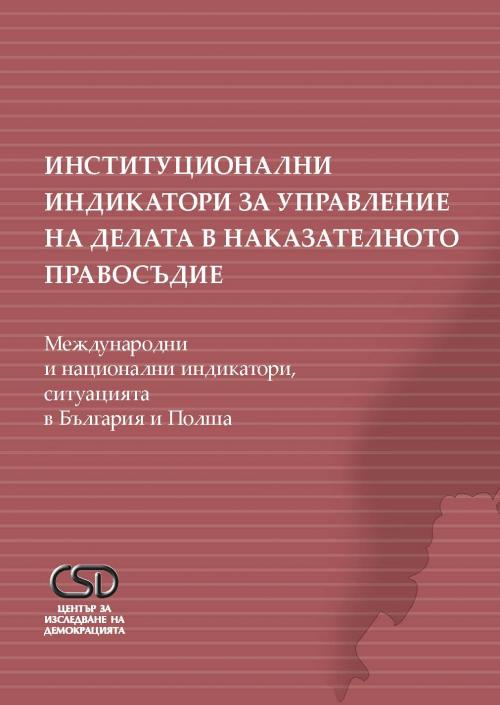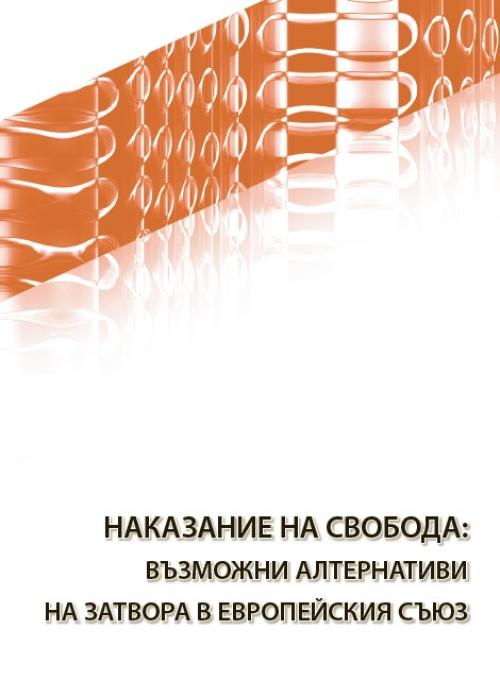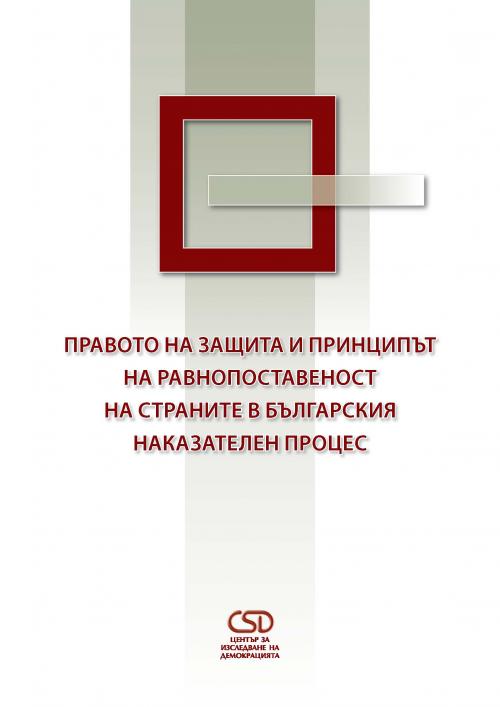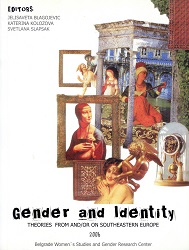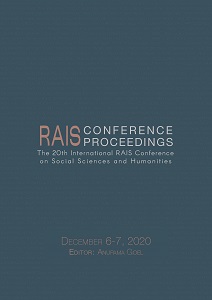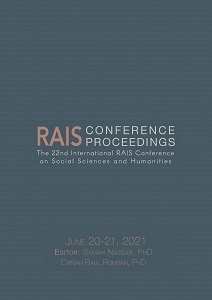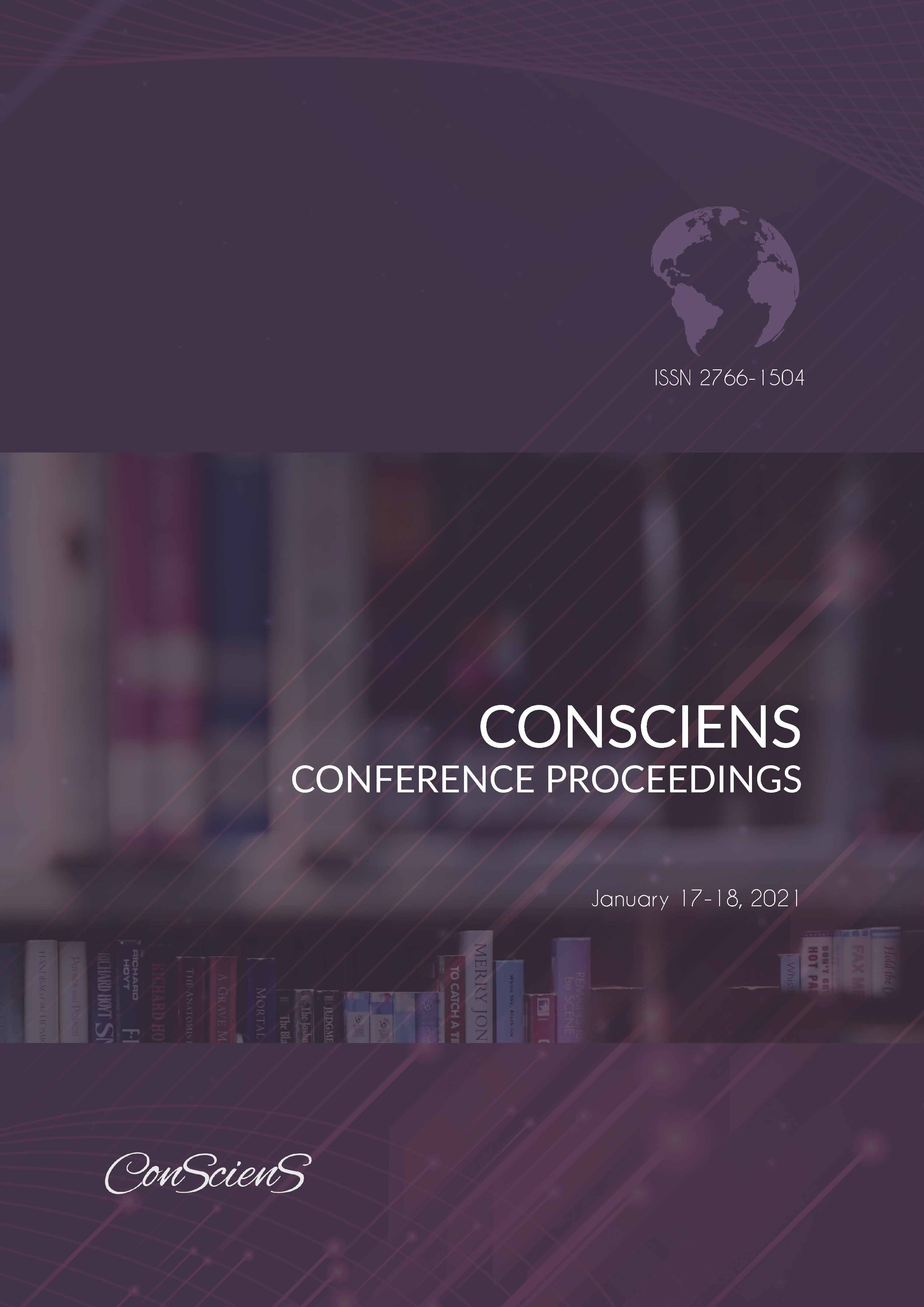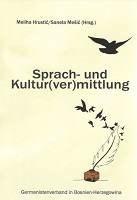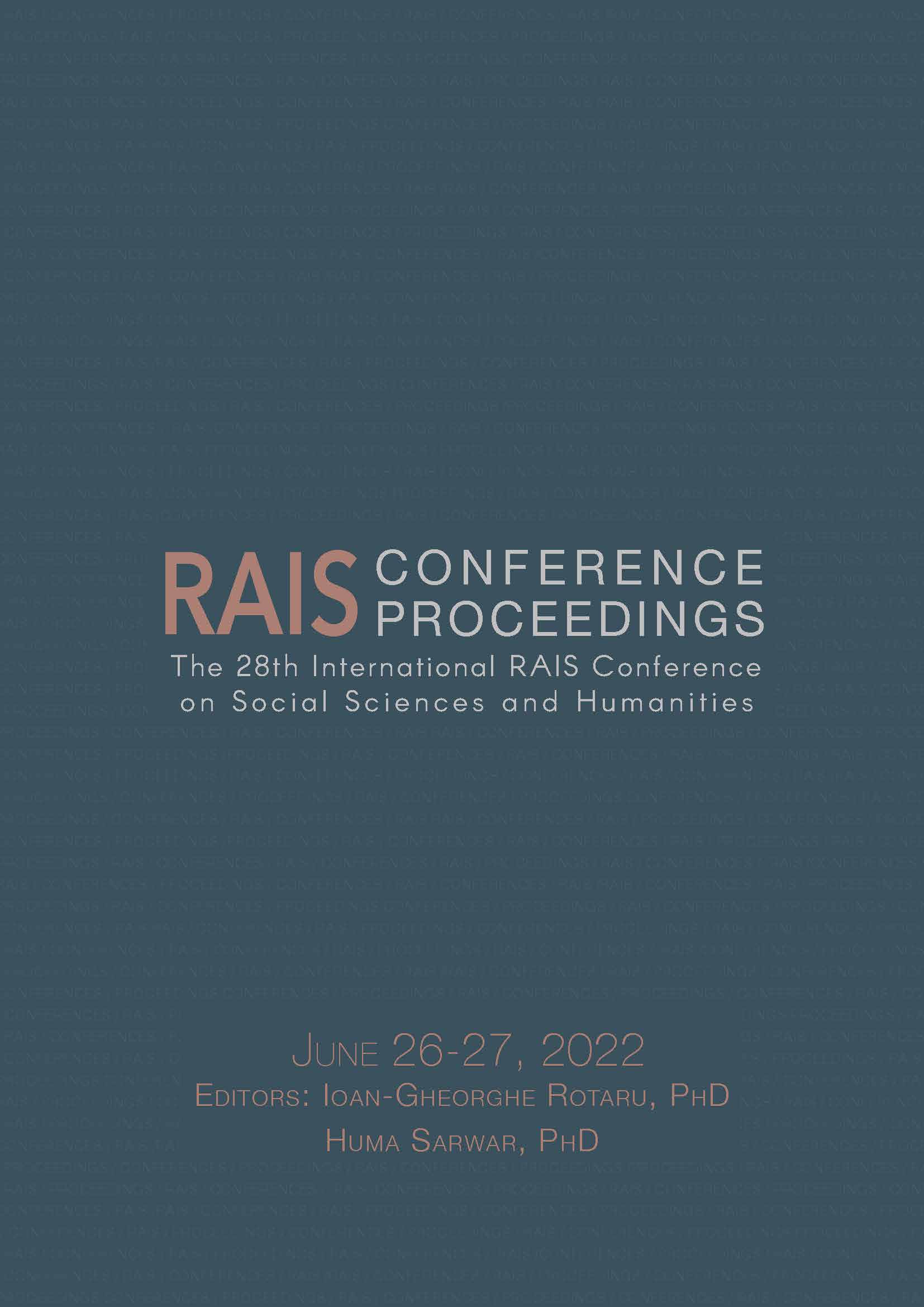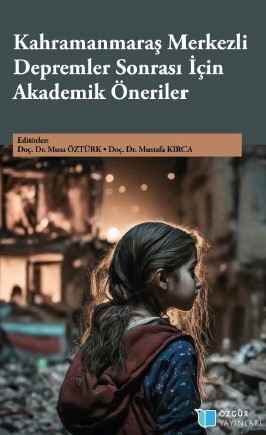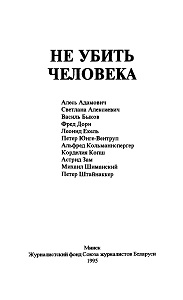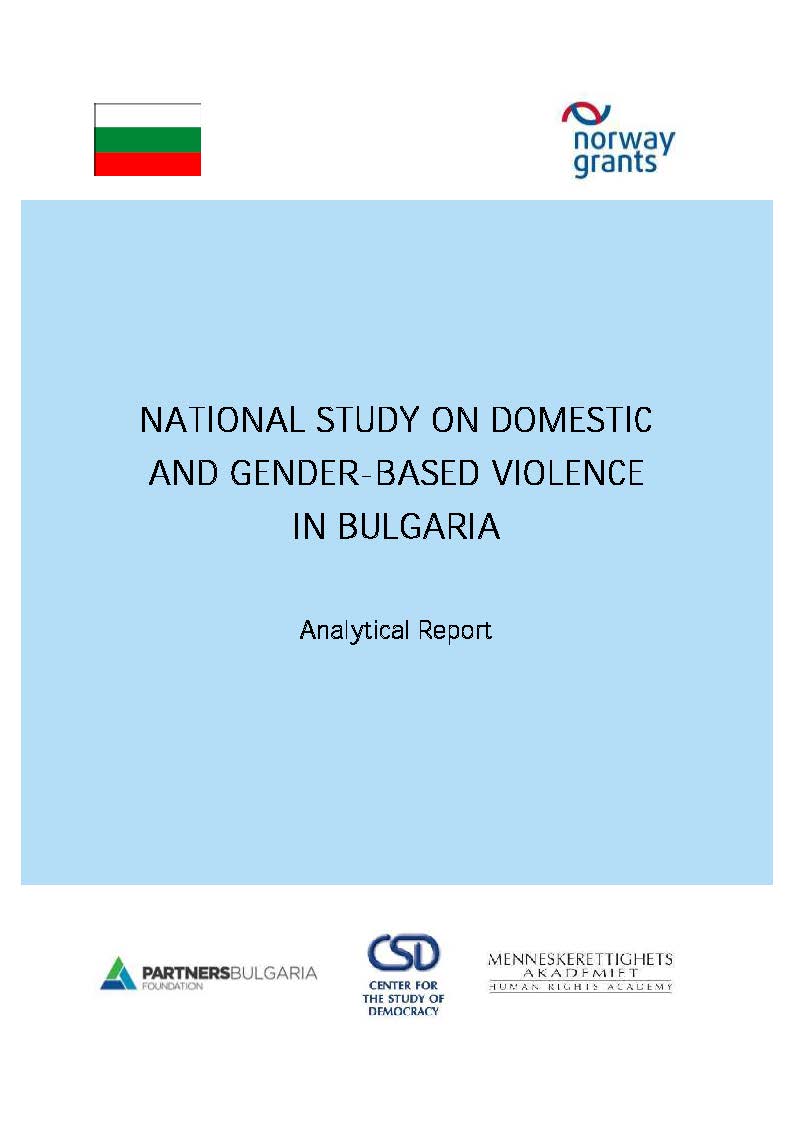
National Study on Domestic and Gender Based Violence
Bulgaria is among those half of EU-member states where statistical information about victim-offender relationship is not gathered, hereby making impossible the assessment of the share of domestic violence among crimes against the person. Domestic violence is not qualified as a criminal offence and is still not included in the Criminal Code – and respectively, in statistical data provided by the Police and by the National Statistical Institute. Information about numbers of complaints for domestic violence registered in the police and numbers of cases of domestic violence submitted to the courts are not present in the publicly available statistics either. The current report is part of the National Study on Domestic and Gender Based Violence (DGBV) and Elaboration of Victims Support Model (VSM), developed under Programme Area 29, BG12: Domestic and Gender Based Violence, Measure 3: Research and data collection of the Norwegian Financial Mechanism, in response to their aims: research and collection of data regarding the prevalence and measures to prevent and combat DGBV. The general objective of the study is to contribute to the prevention of DGBV and to improve the situation of DGBV victims in Bulgaria, with specific focus on Roma women and girls. The specific objective is to develop knowledge and expertise regarding the situation of domestic and gender-based violence to ensure that all stakeholders including the Bulgarian government can access strong independent analysis in order to facilitate better informed and evidence-based policy decisions. This objective is achieved by conducting quantitative and qualitative study in Bulgaria which provides data regarding the prevalence and measures to prevent and combat DGBV among the general and Roma population. Additional objective is to develop and pilot a Victims Support Model (VSM), which aimed to involve local community in the assistance and protection of DGBV victims and engage the key local stakeholders (police departments, service providers, local authorities, Roma organizations).
More...
